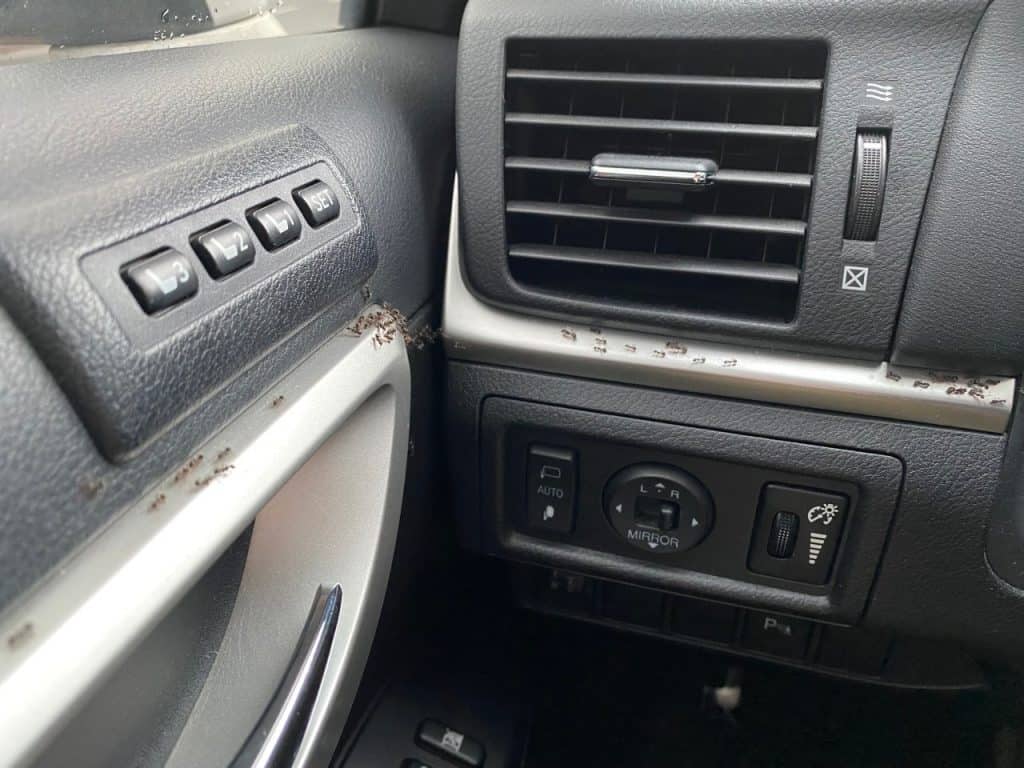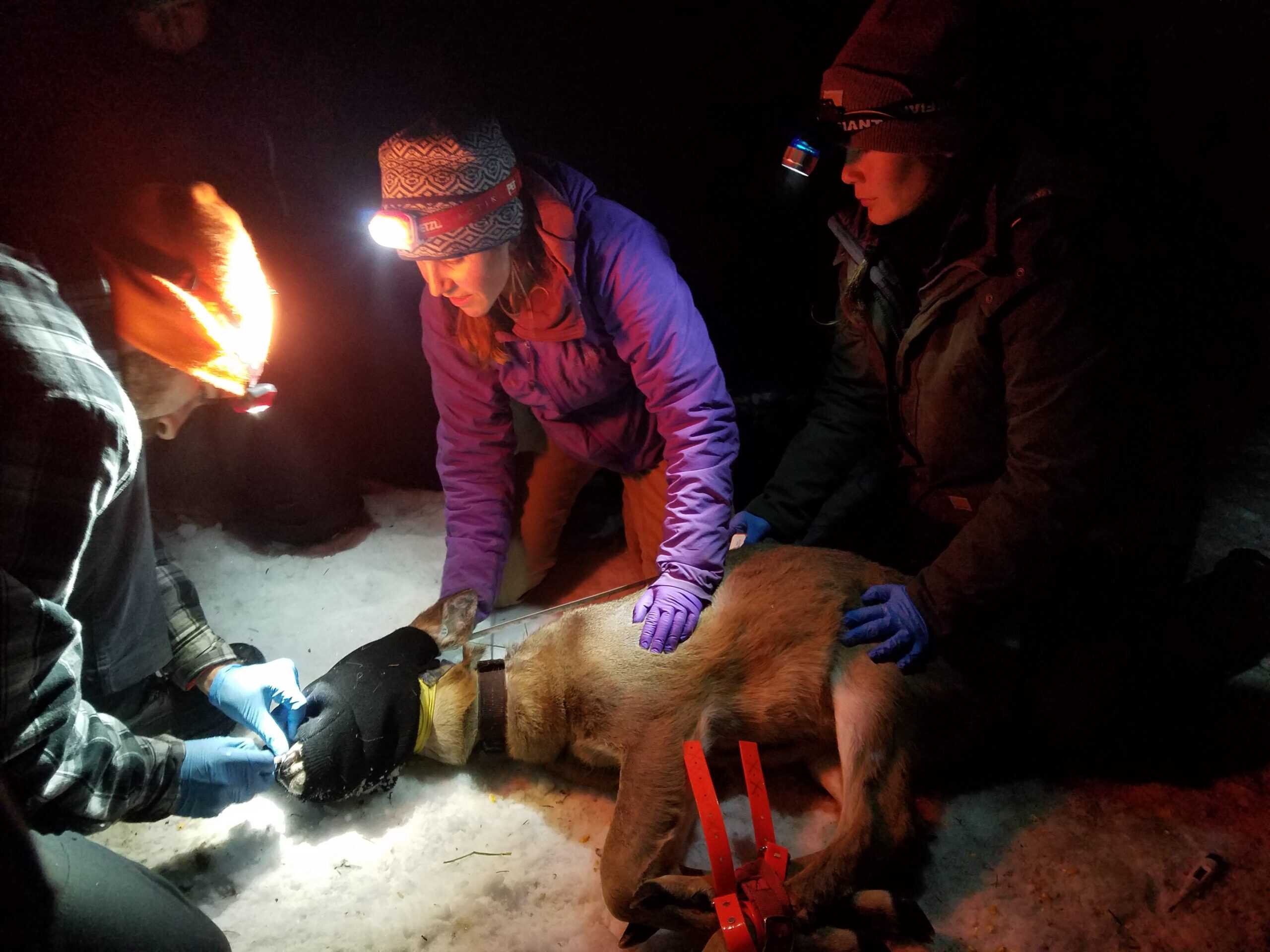Share this article
Wildlife Featured in this article
- Koala
Implant under way to improve koala vaccines
The method is being designed to replace the current two-shot approach
Chlamydia is a big problem affecting koala populations, but handling the marsupials can be a problem for managers trying to immunize them. Managers currently use a two-shot approach, which has vaccinated some 300 koalas (Phascolarctos cinereus) in the wild. But that requires either holding the animals for 30 days—when their second shot is due—or capturing them, releasing them and capturing them again.
“We want a vaccine that reduces human interference, letting koalas be koalas,” said Ken Beagley. Beagley, who developed the first chlamydia vaccine for koalas, is leading a Queensland University of Technology research team to develop the new approach, with an implant designed to release the booster four to five weeks after the first vaccination.
Header Image: A booster implant is being developed to improve koala immunizations for chlamydia. Credit: David Iliff








